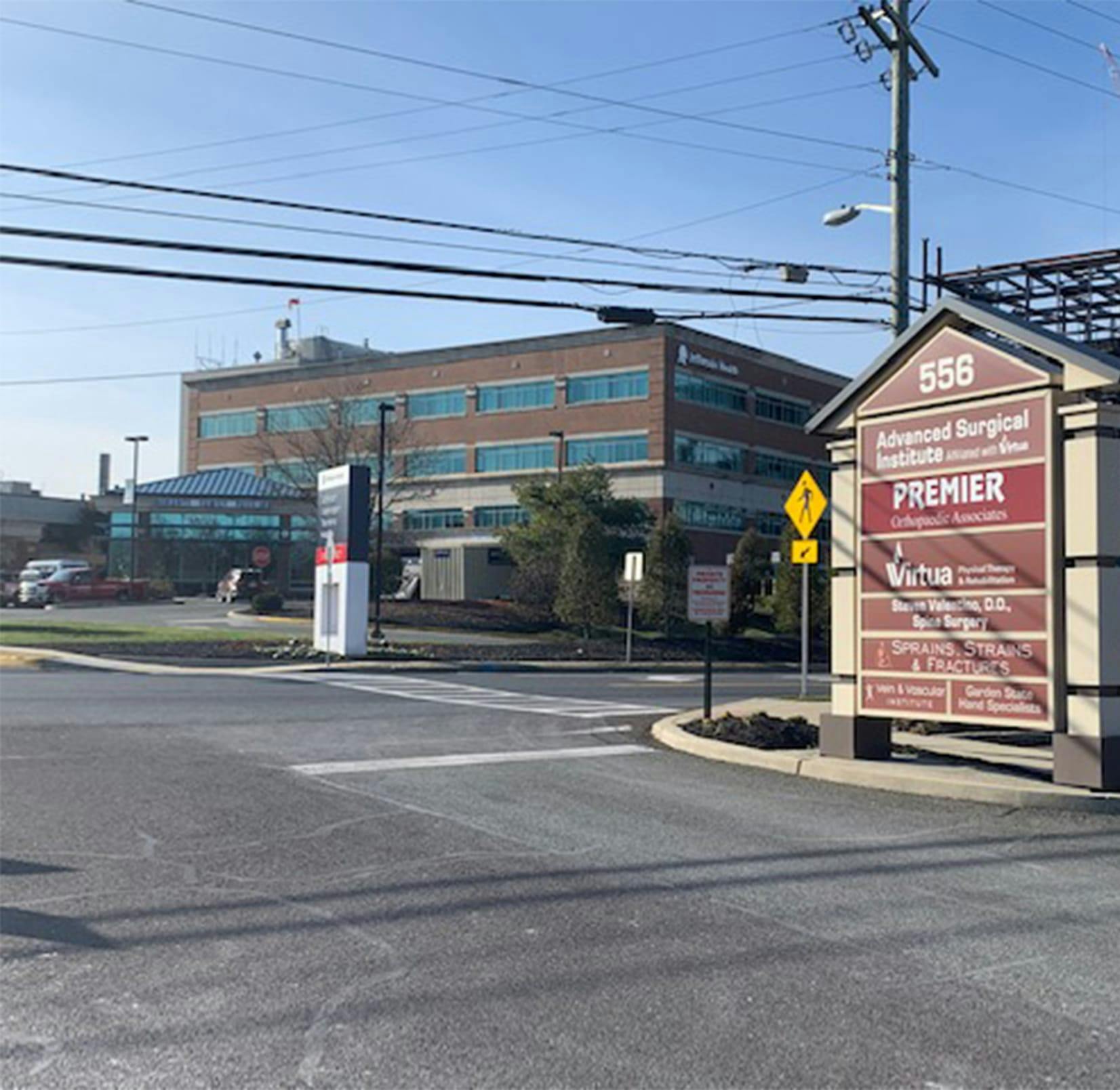Dr. Lisko specializes in treating musculoskeletal injuries, concussion management, electrodiagnostic testing, regenerative medicine, and interventional management for the lumbar spine.
Treating:
- Back
- Foot & Ankle
- Knee
- Pain Management
- Shoulder
- Sports Medicine




